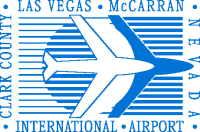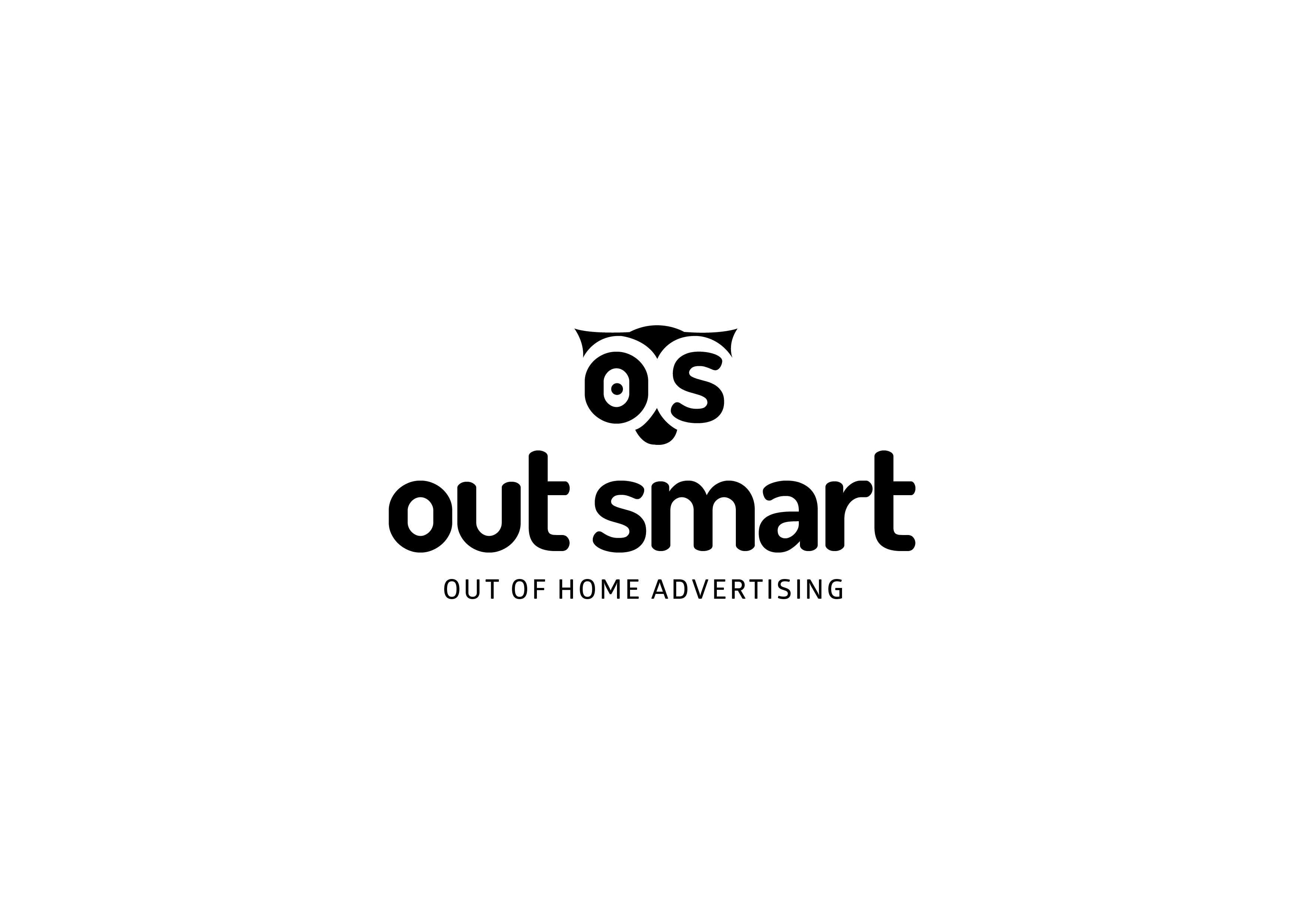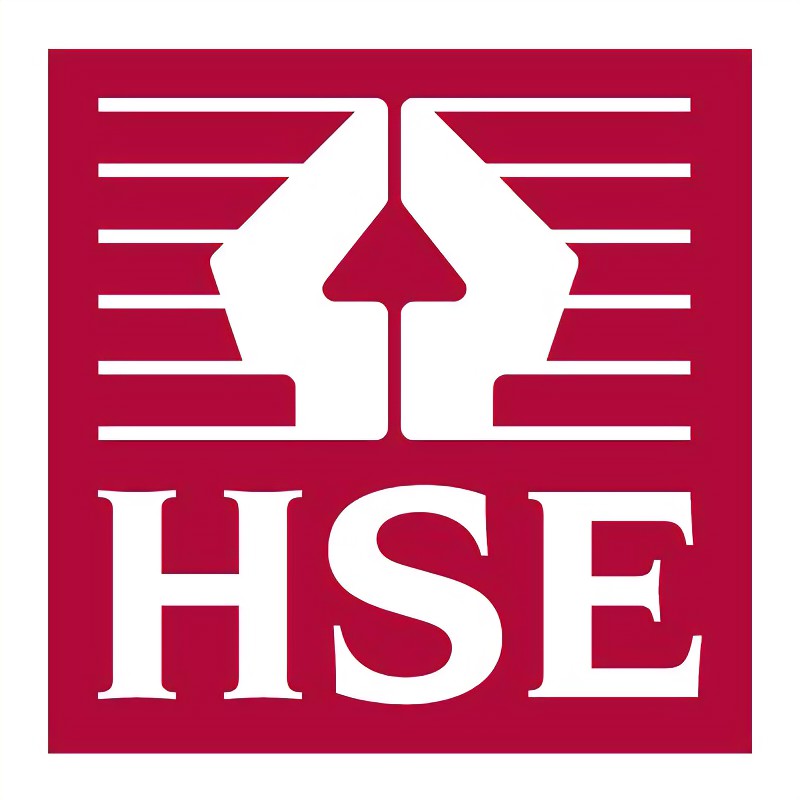Front Page
-
Document No.
-
DWG Audit Area
-
Conducted on
-
Prepared by
-
HSR completing audit
- MARY
- ZORAN
- JOHN
-
Enter date Mary was elected as HSR
-
Enter date Zoran was elected as HSR
-
Enter date John was elected as HSR
-
Enter Manager involved in Audit
-
Enter name of DWG member assisting with audit
1. H&S Systems
1 Health and Safety Systems
-
1.1 OHS policy displayed
-
1.2 Induction Records Available
-
1.3 Return to work policy displayed
-
1.4 General Weekly Hazard Identification Checklists filed and available for HSR's inspection
-
1.5 Emergency procedures displayed
-
1.6 SWP training records retained and available for HSR's to review
-
1.7 Documented SWP's procedures are completed and available for DWG review
-
1.8 Protective clothing and equipment records maintained
-
1.9 Chemical register maintained with relevant MSDS available
-
1.10 HSR appointed
-
1.11 Provide date of last OHS Meeting
-
1.12 Are OHS Meeting Minutes displayed on Safety Boards?
-
1.13 If you are injured poster is displayed on Safety Board?
-
1.14 General Weekly Hazard Identification Checklist displayed on Safety Board
2. Housekeeping
2 Housekeeping
-
2.1 Work areas free from rubbish and obstructions
-
2.2 Surfaces safe and suitable
-
2.3 Free from slip/trip hazards
-
2.4 Floor openings covered
-
2.5 Stock/Material stored safely
Aisles
-
2.6 Unobstructed and clearly defined
-
2.7 Adequate lighting
-
2.8 Adequate vision at corners
-
2.9 Wide enough
Other
-
2.10 Are there any other concerns?
3. Electrical
3 Electrical
-
3.1 Plugs, sockets, switches and leads in good order
-
3.2 Electrical items in good condition
-
3.3 No cable trip hazards
-
3.4 No strained leads
-
3.5 Switches and circuits are identified
-
3.6 Start / Stop switches clearly identified
-
3.7 Tag and Test Completed
-
Enter date next due
-
3.8 Switchboards are secure
-
3.9 Switchboards are kept clear and free of obstruction i.e. a minimum 1.5mtr clearance
4. Mobile Plant & Equipment
4 Mobile Plant and Equipment
-
4.1 Plant and equipment in good condition
-
4.2 Daily safety inspection procedures/checklists
-
4.3 Faulty reporting/rectification procedures in place and adhered to
-
4.4 Operators trained and licensed
-
4.5 Warnings and instructions displayed
-
4.6 Warning lights operational
-
4.7 Reversing beepers operational
-
4.8 Tyres on forklifts satisfactory
-
4.9 Machinery serviced as required
-
4.10 Service records maintained
-
4.11 Satisfactory operating practices
-
4.12 Is this inspection being conducted in Bay 4
-
How many seconds did it take for staff to stop the conveyor belt in a simulated emergency test?
-
4.13 Green tippler bins are in good repair
-
4.14 Pallet Jacks are operational and in good repair
-
4.15 Trolleys are in good order and repair
-
4.16 Pallet wrapper is in good working order and repair
-
Information:
Conveyors are to be serviced every 3 months
Roller doors are to serviced every 6 months
Loading docks are to be serviced every 4 months
Forklifts and other mobile plant are to be serviced when the service light appears and/or as necessary when issues arise
Pallet Wrappers are serviced every 12 months
5. Workbenches
5 Workbenches
-
5.1 Adequate work space
-
5.2 Clean and tidy
-
5.3 Emergency stops appropriately placed and clearly identifiable
-
5.4 Duckboards and/or ergonomic matting provided
6. Hazardous Substances
6 Hazardous Substances
-
6.1 Containers labelled correctly
-
6.2 Stored appropriately
-
6.3 Adequate ventilation / exhaust systems
-
6.4 Protective clothing available for each item per the MSDS instructions
-
6.5 Chemical Register maintained
-
6.6 MSDS's available
-
6.7 Appropriate emergency/first aid equipment - shower, eye bath, extinguishers
7. Prevention of Falls
7 Prevention of Falls
-
7.1 All work platforms have secure handrails / guarding
-
7.2 Harness and lanyard or belts provided
-
7.3 Safe work procedure in place
-
7.4 Safety cage has harness and harness and cage in good condition
8. Stairs, steps and landings
8 Stairs, steps and landings
-
8.1 No worn or broken steps
-
8.2 Handrails in good repair
-
8.3 Clear of obstruction
-
8.4 Adequate lighting
-
8.5 Emergency lighting
-
8.6 Non-slip treatments / treads in good condition
-
8.7 Kick plates where required
-
8.8 Clear of debris and spills
-
8.9 Used correctly
9. Ladders and Platforms
9 Ladders and Platforms
-
9.1 Are in good condition
-
9.2 Staff trained in appropriate use
-
9.3 Risk assessed
-
9.4 Suitable for task
-
9.5 SWP developed and operators trained
10. Personal Protection
10 Personal Protection
-
10.1 Employees provided with PPE
-
10.2 PPE supplied for task is suitable
-
10.3 PPE being worn by employees
-
10.4 Sunscreen and sunglasses provided
-
10.5 Correct signage at access points
11. Manual Handling
11 Manual Handling
-
11.1 Mechanical aids provided and used
-
11.2 SWP's in place
-
11.3 Manual handling risk assessment performed
-
11.4 Manual handling controls implemented
12. Workplace Ergonomics
12 Workplace Ergonomics
-
12.1 Workstation and seating design acceptable
-
12.2 Ergonomic factors considered in work layout and task design
-
12.3 Use of excessive force and repetitive movements minimised
-
12.4 Appropriate training provided
13. Material Storage
13 Material Storage
-
13.1 Stacks stable
-
13.2 Heights correct
-
13.3 Sufficient space for moving stock
-
13.4 Material stored in racks / bins
-
13.5 Shelves free of rubbish
-
13.6 Floors around stacks and racks clear
-
13.7 Pallets in good repair
-
13.8 Heavier items stored low
-
13.9 No danger of falling items
-
13.10 No sharp edges
-
13.11 Safe means of accessing high shelves
-
13.12 Racks and stock clear of lights and sprinklers by 1.5mtrs
14. Public Protection
14 Public Protection / Driveway / Rear Yard
-
14.1 Appropriate barricades, fencing is secure and in place
-
14.2 Signage in place
-
14.3 Suitable lighting and free from debris
-
14.4 Site access controlled
-
14.5 Traffic Management procedures in place
15. Amenities
15 Amenities
-
15.1 Washrooms clean
-
15.2 Toilets clean
-
15.3 Lockers clean
-
15.4 Rubbish bins available
16. First Aid
16 First Aid
-
16.1 Cabinets and contents clean and orderly
-
16.2 Regularly audited and contents meet requirements
-
16.3 First aides names, location and phone numbers are displayed on Safety Board and in First Aid Room
-
16.4 Qualified First Aiders
-
16.5 Record of treatment and of supplies dispensed - is it being used correctly
17. Lighting
17 Lighting
-
17.1 Adequate lighting and free from glare
-
17.2 Lighting clean and efficient
-
17.3 Windows clean
-
17.4 No flickering or inoperable lights
-
17.5 Emergency lighting available
18. Fire Control
18 Fire Control
-
18.1 Fire extinguishers in place and position correctly (min 100mm from ground, no higher than 1200mm)
-
18.2 Fire fighting equipment serviced/tagged
-
18.3 Appropriate signing in place for extinguishers and fire hose reels
-
18.4 Extinguishers are appropriate for the hazard
-
18.5 Emergency exit signage
-
18.6 Exit doors easily opened from inside (advise security to de-arm before opening)
-
18.7 Exit pathways clear of obstruction
-
18.8 Alarm/communications systems are adequate
-
18.9 Emergency personnel identified and trained
-
18.10 Emergency procedures documented and issued
-
18.11 Emergency Response Team, location and numbers are displayed on Safety Boards
-
18.12 Alarms tested weekly
-
18.13 Trial evacuations conducted
-
18.14 Personnel trained in use of fire fighting equipment
19. Other Concerns













